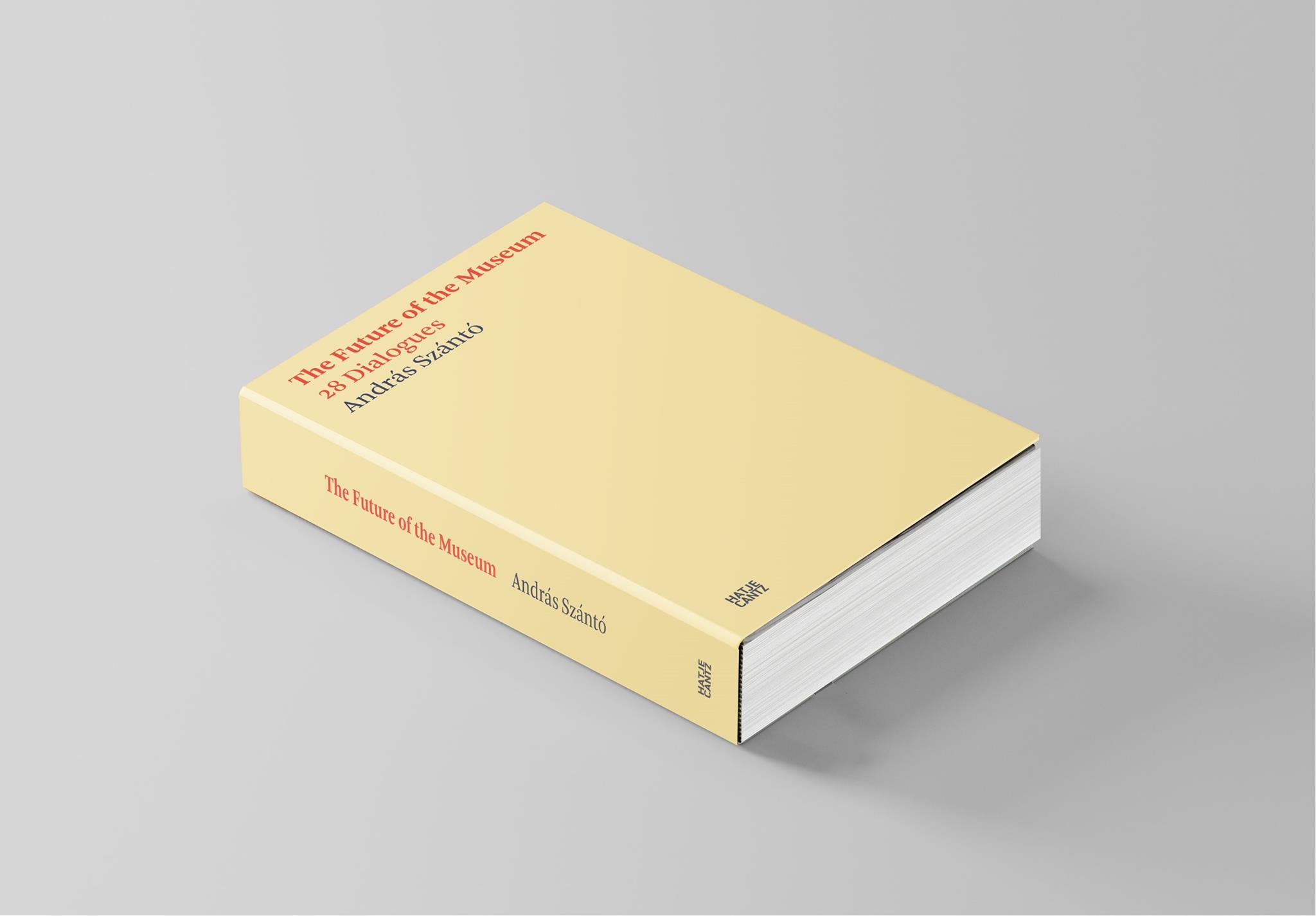The cultural events of 2020 and the decade as a whole are enormously overwhelming, but the Brooklyn Museum provided such a helpful, concise, yet thoughtful roundtable this month that brought together renowned curators to discuss the role of the institution and how it can and should adapt. 2020 was a catalytic year: conversations about race, community and decolonisation are not new, but have been frantically accelerated.
The pandemic in particular has brought to light the urgent needs of the community. Large institutions often look outwards – to what effect they can have on international academic or intellectual circles, and whilst this was maintained with virtual events such as this one, COVID-19 brought a lot of focus back to the locality as museums reached out to help bored children and struggling adults.
This leads to further important discussion about how museums can do more for their communities: institutions are known to be good with educational programmes (as they should be), but the roundtable agreed that they need to also be looking to help the community in other ways. Curator of the Museo de Arte Moderno de Buenos Aires, Victoria Noorthoorn, had a great perspective on this as she spoke about her museum’s programme which connects local psychiatric patients to the museum and its artworks. It was brilliant to hear about concrete examples of community action, because – as curator Franklin Sirmans of the Pérez Art Museum Miami noted – lip service is as dangerous as it is prolific.
Outside of the pandemic, one of the most pressing issues affecting the art world has been that of decolonisation, especially of the repatriation of the Benin bronzes, so it was a privilege to hear Marie-Cecile Zinsou (founder of Benin’s Zinsou Foundation) speak. As Zinsou developed the first museum of contemporary art in Benin, she felt very much obliged to meet the standards of internationally renowned museums in the west, but then grew to realise that this museum could be making its own model – a model that could be ‘more respectful to who we are’. Zinsou thus looked to the history of art in Benin and found that there were structures in place for the conservation and collection of artworks – many of which were two or three centuries old when they were looted by colonisers.
The Museum of Contemporary Art in Benin is now a place in which young people can understand their own history and culture in a newly sensitive way that gives reverence and respect to the structures and ideas that already existed in Benin. Zinsou noted in the roundtable that museums need to think about themselves as a ‘tool for changing self-image’. On a local level, this has big implications for British and also Scottish museums: how would a Black Scottish woman of West-African ancestry feel when walking around a looted collection that is displayed and framed with western consumption in mind?
Curator Sandra Jackson-Dumont brought a really valuable perspective to this discussion, as she is the director of the new Lucas Museum of Narrative Art in LA. Part of cultural decolonisation must be, as she insists, the expansion of the canon that is displayed. The Lucas Museum will be a fantastic example of this as its immense size (100,000 square feet) literally provides more space for more art.
Jackson-Dumont aspires to break the barriers between ‘high and low art’ with this museum – a goal that definitely needs to feature in the future of all museums, as contemporary art forces the expansion of its own canon with new mediums and media. In debates about the canon, many people often speak of obliteration, of the destruction of the institutions that have sometimes hurt culture more than they have helped it. But Jackson-Dumont spoke with hope, believing that museums can become ‘radically inclusive’ and that the canon can be reformed.
This sense of hope was key to the whole roundtable. I left feeling that a state of nihilism and despair about our institutions is actually quite a violent standpoint. Inaction is also, as always, violent. The destruction of institutions will not bring the reckoning and the change we need. Roundtable convener and author of The Future of the Museum: 28 Dialogues András Szántós concluded the discussion by insisting that museums do not have to be stuck in the past, or be dusty, and are absolutely capable of reinvention.
Image: Courtesy of Brooklyn Museum

